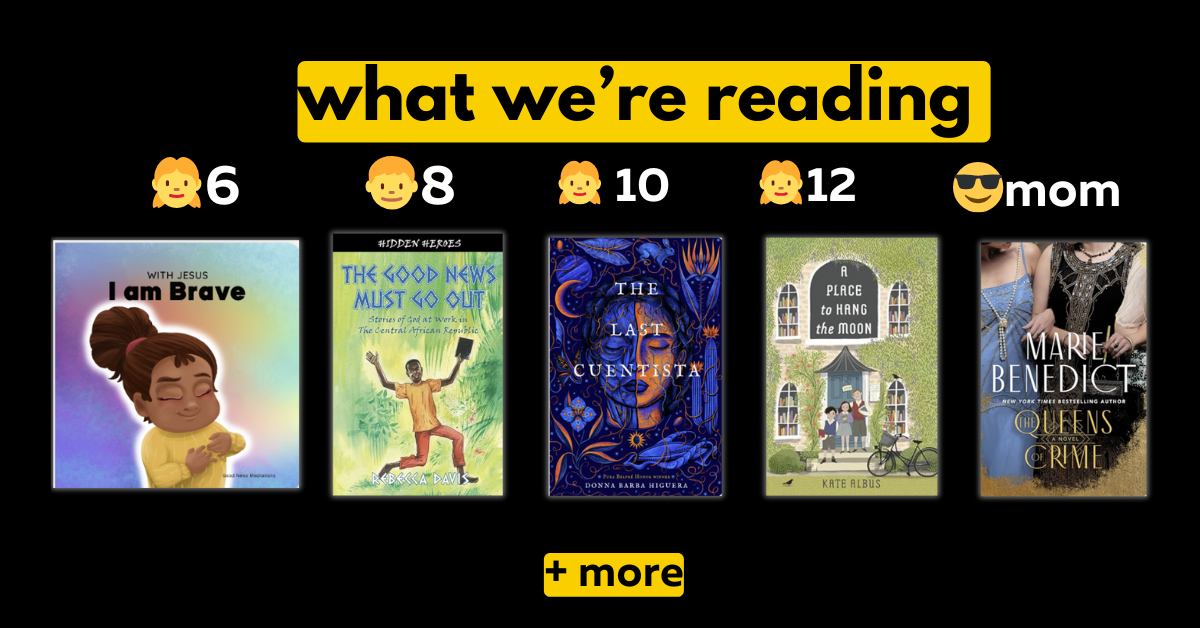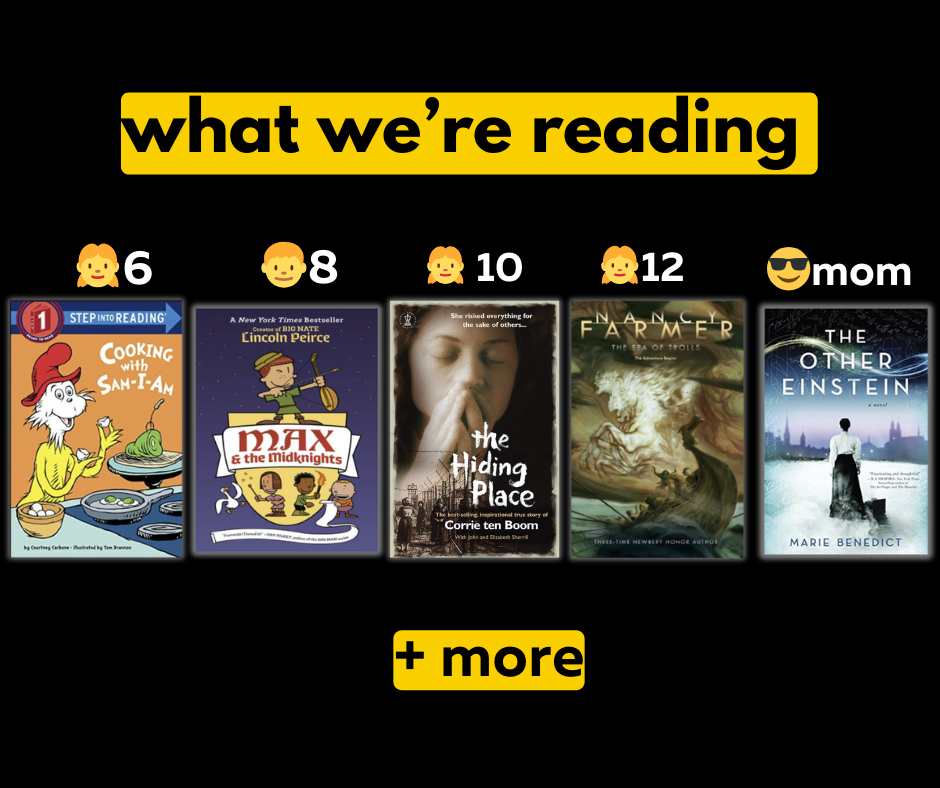
4 (MORE!) Free Online Tools We Love for Learning
As the Queen of Free, I’ve spent our 7 years of learning snapping up every freebie & bookmarking every worthwhile free site I can find! (Looking for more ways to keep your homeschool budget happy? Check this video out!) I’ve got a nice little treasure trove of free online tools that have added elements of discovery, freedom, and of course fun to to our daily lessons. These four platforms have become staples in our homeschooling routine, each offering unique benefits while catering to different parts of the family trajectory we’re set up for our kiddos. Let’s get into it!
- Pros: ChessKid.com is a fantastic resource for teaching chess in a fun and interactive way. With engaging lessons, puzzles, and the ability to play against other kids around the world, it fosters strategic thinking and problem-solving skills. While it’s cool they can play other kids, I prefer that they play against bots. Safety first, friends!
- Cons: While the free version offers plenty of features, there is a premium subscription for more advanced lessons and additional features. However, the free content is substantial for beginners and intermediate players.
- Pros: PBS Kids provides a ton of educational games, videos, and activities aligned with PBS programming. It covers diverse subjects and is designed with fun and easy to play games that our kids love. The content is both entertaining and educational, making it a win-win for parents and kids.
- Cons: Some parents might find the advertisements on the site disruptive, and while they are child-friendly, an ad-free option would be a welcomed improvement.

Did you miss the first blog post with 8 of my favorite online tools for kiddos? It's a gem! There's also a video version.
-
- Pros: Operation World is an invaluable tool for integrating global awareness and a missions mindset into our homeschool. The website offers detailed country profiles, prayer guides, and information on world cultures. It's a great resource for fostering a global perspective and understanding different societies and their needs.
- Cons: The sheer volume of information might be overwhelming for younger kiddos, and some parents may need to guide them through the content to ensure comprehension. We often just skip over some of the more intense content, but have enjoyed allowing our older kids to explore when they hear something that’s especially intriguing.
- Pros: Librivox provides a rich collection of free audiobooks, making literature accessible through the spoken word. This platform is an awesome option for auditory learners and those who appreciate the immersive experience of a well-narrated story while they follow along with the book in their hands!
- Cons: As Librivox relies on volunteers to record audiobooks, the quality of narration may vary. Some audiobooks may not meet professional standards, but the vast selection compensates for this variability.

Looking for more literary support? Check out these self-paced book studies. They're particularly great for keeping tweens supported in their academics while giving them more independence in their studies!
In sum, these four free online tools (along with the other 8 I mentioned in this blog and video!) have become integral to our homeschooling experience, and rounding out our daily routine! While each tool has its quirks, the benefits far outweigh any drawbacks, making them valuable assets for homeschooling families seeking to enrich their children's learning adventures.
What would you add to this list?! We're always sharing fun stuff like this in the FREE Teachers, Homeschoolers & Resource Creators Hub on Facebook!


